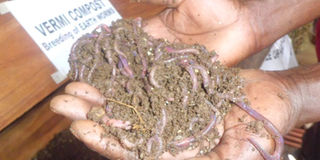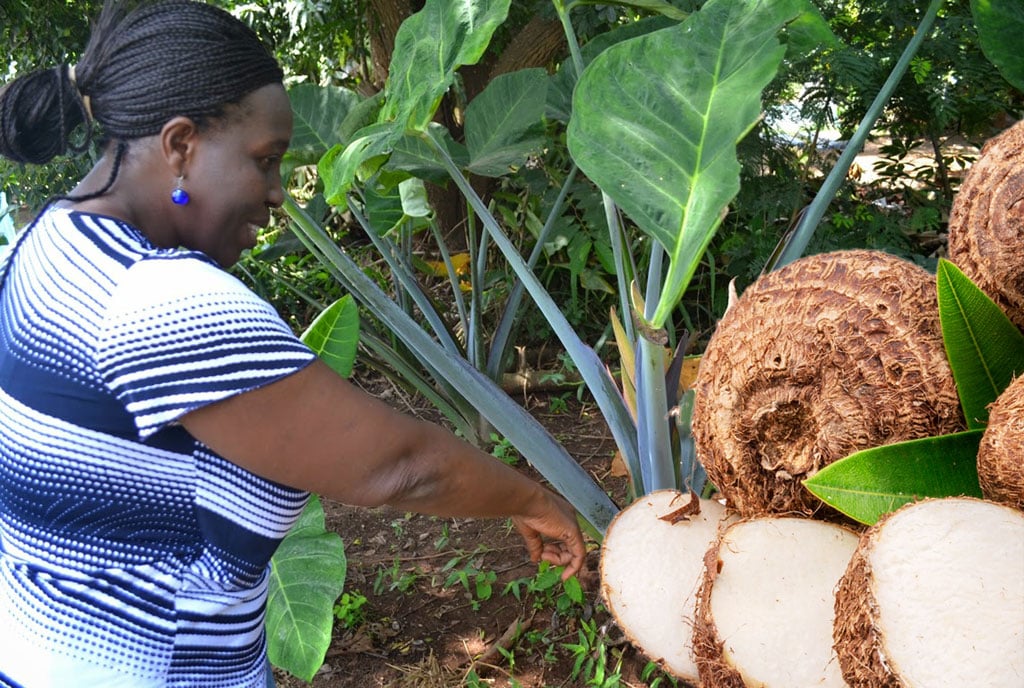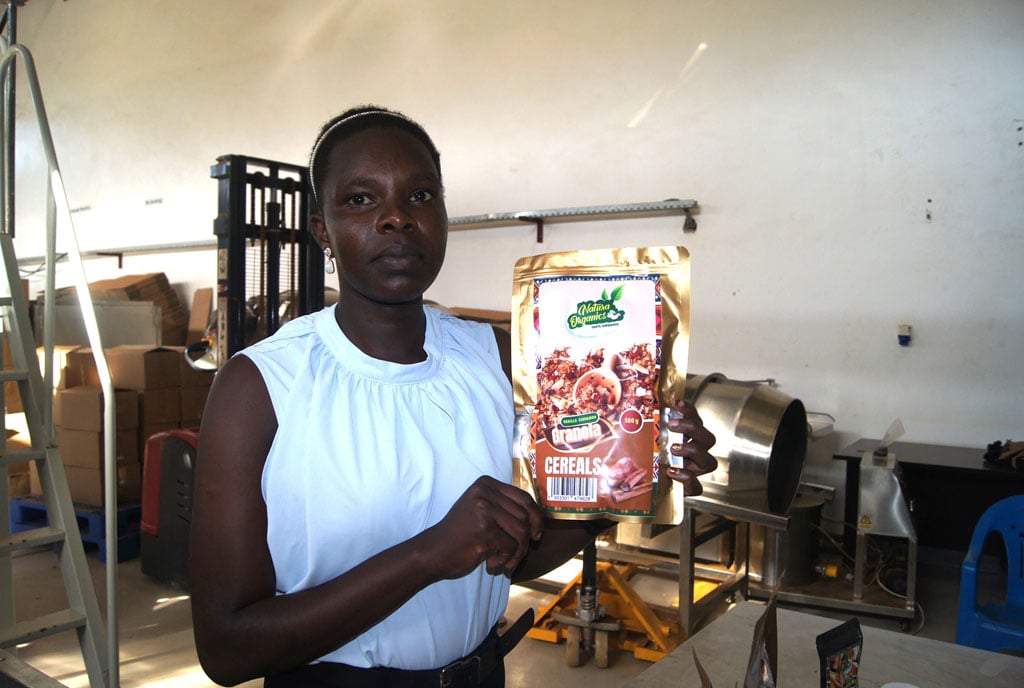Rearing earthworms to make animal feeds and organic manure

Earthworms’ activity is beneficial to the various forms of farming. Photo by Lominda Afedraru
What you need to know:
The innovation uses earthworms to produce manure from their waste as well as deliberately rear them for animal feeds.
Most farmers apply fertilisers and all kinds of manure such as human waste and animal urine on their farms to improve production. They also mulch as an agronomic practices to improve on productivity. And those engaged in dairy, poultry and fish farming use feed made out of varying mixtures that include bran, husks, stover and other matter.
However, this time around, they are being introduced to a technology of using earthworms to serve the same purpose.
Scientists at Makerere University Agricultural Institute Kabonyolo (MUARIK) started rearing the earthworms under a programme known as management of manure for vermin compost, where they mix maize bran with food remains and cow dung with water as a bulk material for the worms to feed on.
Address challenges
Mr Charles Azizi Dara, a foreman in the machinery section at MUARIK, says the team started the innovation of rearing earthworms about one year ago. It was an initiative to address the challenge faced by poultry and fish farmers in purchasing feed at high price as well as to address the use of organic manure by farmers growing crops.
They harvest the parent stock of the earth worms under trees and swampy places and transfer them to the rearing box with the mixture described as above.
The bulk material should be old stable compost with an average moisture content of approximately 65 per cent. This can be determined with a squeeze test by scooping a handful of the material to see if the pressed matter remains a ball form. In case it collapses, this means it is too dry and more water has to be added.
The team, who exhibited the technology at the recent national agricultural show in Jinja, explained that food for the worms is three to five day-old manure and fresh food waste. The manure should be added into the mixture three times a week while for the food wastes, twice a week.
Gain both ways
Earthworms take one month to mature but their life span is two years. They do not lay eggs but cocoons, which contain the young ones. These begin hatching once the cocoons are mature causing rapid multiplication of its generation.
Poultry and fish farmers can give their chicken and fish either live worms or they can harvest them and mix with other feeds such as milled fish, maize bran and husks for the same feeding process.
At MUARIK, the worms are packed in tins and a kilogramme is sold at Shs5,000. Some farmers purchase them for further multiplication and others buy them to feed their poultry and fish.
“Farmers can venture into earthworm rearing as a side business because the process is not labour-intensive and besides, farmers who grow crops and rear either chicken or fish can gain in both ways because the waste matter of these worms can be used as manure, which will result into high yields of the crops,” Dara said.
Ms Regina Nankinga, who is part of the breeding team at MUARIK, was overwhelmed with the number of farmers flocking their exhibition stall at Jinja. She said a good number of farmers in Mpigi District are aware of this innovation. Most of them have started rearing the worms but urged farmers in other parts of the country to try it out also.
Nankinga suggests instead of farmers coming to the institute to purchase the worms as parent stock, they should become “outgrowers” to supply fellow farmers.
This is because the worms can be harvested in swampy and moist places and as long as farmers have the interest in breeding them, they can also search for parent stock.




